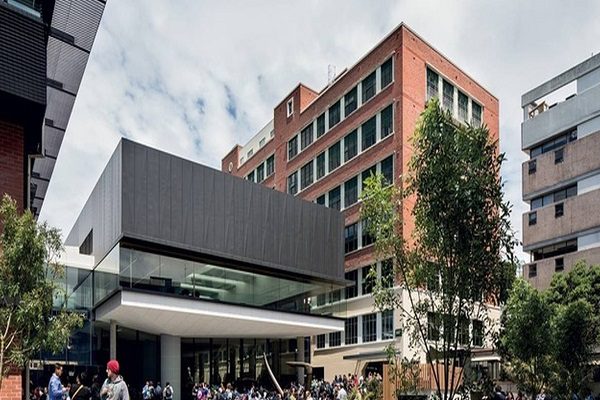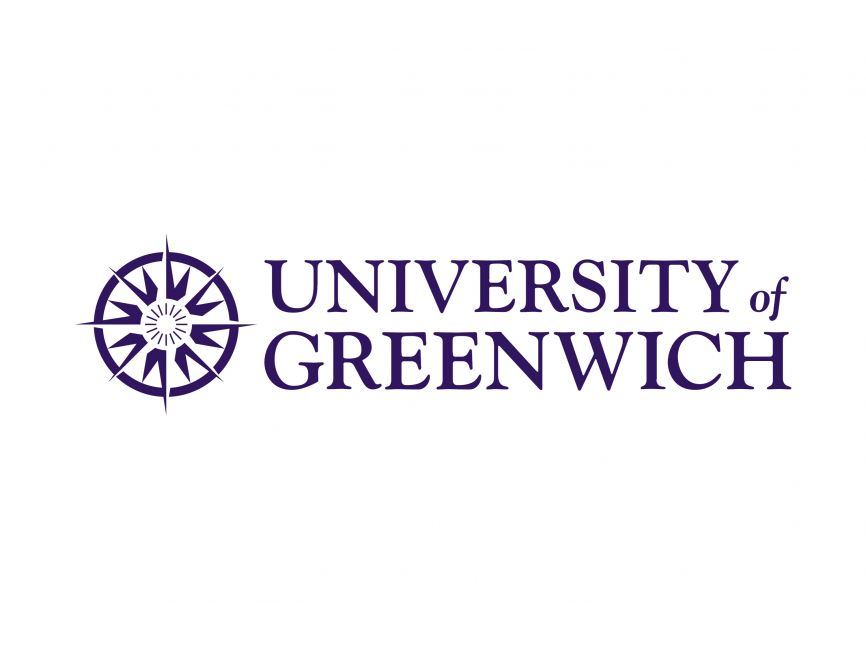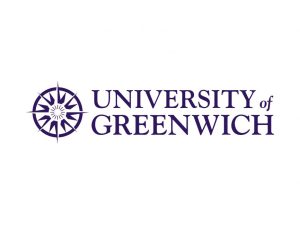How can I stay safe while studying abroad?
Intro: Stay safe while studying abroad
Stay safe while studying abroad: Embarking on an academic adventure in a foreign land can be an exhilarating and life-changing experience. You get to immerse yourself in a new culture, learn a new language, make friends from different backgrounds, and broaden your perspective on the world.
However, the prospect of studying abroad can also raise some valid safety concerns. By taking the right precautions and making smart decisions, you can ensure your experience is both enriching and safe.

Understand Your Host Country
Jumpstarting your adventure by taking the time to get to know your host country can make your experience smoother and safer. Immerse yourself in the culture, customs, and laws before you even set foot on foreign soil. This is not only respectful, but it also helps you blend in and steer clear of unintended conflicts.
Are there local norms or behaviors that might seem odd to you, but are customary there? Keep your eyes and ears open for these.
Political climate and crime rates are also important to note. It’s essential to have an idea about the safety conditions of your host country. Are there areas you should avoid? What are the typical tourist scams you should be wary of? Use reliable online sources and guidebooks to educate yourself on these aspects.
Getting a grip on the local language can be a game-changer. You don’t need to be fluent, but mastering some essential phrases can go a long way. These can prove helpful while interacting with locals or in emergency situations. You never know when you’ll need to ask for directions or request help, and speaking a bit of the local lingo can help bridge communication gaps.
Learning about your host country is your first step towards ensuring a safe and enjoyable study abroad experience. Be curious, be respectful, and embrace the adventure that awaits.
Also visit:-
Personal Safety Precautions
Your individual safety should always be at the forefront of your mind. Strolling solo in the dark, particularly in unknown or dimly lit areas, is best avoided. Flaunting high-end tech gadgets or large quantities of cash in public is not advisable. Keep a sharp eye on your surroundings and trust your gut feelings.
If something doesn’t sit right with you or you find yourself feeling uneasy, it’s better to extricate yourself from the situation promptly. Stick to using licensed taxis or ride-hail apps that you know and trust. Carrying a personal alarm or familiarizing yourself with a few self-defense moves could also be beneficial.
Remember, your instinct is a powerful tool – don’t underestimate it. Trusting your gut can help you steer clear of potential dangers and can guide you when making decisions about your safety. Stay alert, be cautious, and always prioritize your well-being. After all, your study abroad experience should be an exciting chapter in your life, not a dangerous one.
Keep Important Documents Safe
When it comes to your vital documents, security is paramount while studying overseas. Your passport, visa, student ID, and any other official papers are your lifeline, so ensure they’re kept somewhere secure. But beyond physical safety, digital protection is also crucial. Create digital backups of these vital documents and store them in a secure online space. This way, even if you lose the originals, you have an accessible backup to rely on.
Also, consider leaving copies of these documents with a trusted individual back at home. In a pinch, they could forward these to you.
While it’s important to always have some form of ID on you, try not to carry your passport around unless necessary. Remember, losing your passport in a foreign country can lead to complications you’d rather avoid. Therefore, taking these measures to safeguard your important documents can save you from a potential headache down the line.
Get Comprehensive Travel Insurance
Travel insurance is more than just a safety net for misplaced bags or a shield against flight cancellaries. It’s your golden ticket to quick and quality healthcare in an unfamiliar place, in case you fall ill or get injured.
You’ll want a plan that doesn’t just cover your flight delays but goes above and beyond to take care of any unforeseen medical expenses. This includes hospital bills, medical evacuation costs, and even the not-so-obvious ones like dental emergencies.
Be sure to pore over the fine print to ensure your policy doesn’t leave you hanging when you need it the most. An ideal plan should cover not just physical health, but also mental health services. After all, navigating a new culture, academic system, and social environment can be overwhelming and may give rise to stress and anxiety.
So, invest time in researching and choosing a comprehensive travel insurance plan. After all, it’s not just about recovering costs; it’s about ensuring you have the peace of mind to enjoy your incredible journey abroad without worrying about ‘what-ifs’.
Also visit:-
Be Responsible with Alcohol and Drugs
Navigating the vibrant nightlife of your host country can certainly be a part of the study abroad experience. It’s a great opportunity to immerse yourself in the local culture and make memories with new friends. However, it’s essential to remember that substance use, particularly excessive alcohol and drugs, can compromise your safety and cloud your judgment, making you more susceptible to risky situations. While enjoying the local scene, be mindful of your limits.
Avoid drinking to excess and always keep an eye on your beverage; never leave it unattended and be cautious about accepting drinks from people you don’t know well. Also, familiarize yourself with the local laws concerning alcohol and drugs. Legal implications can vary greatly from country to country, and as a foreigner, you’re not exempt from these laws. Remember, your exciting overseas experience should be filled with adventure and learning, not legal trouble. Stay smart, stay safe, and make choices that enhance, not hinder, your study abroad experience.
Stay Connected with Home
While you’re busy immersing yourself in your host country’s culture, don’t forget about your lifeline back home. Your family and friends are eager to hear about your experiences and can provide emotional support when you need it. Establish a regular communication routine with them, sharing your adventures and, of course, letting them know you’re safe. You can also provide them with important details such as your accommodation address, local contact numbers, and travel plans, so they’re in the loop about your whereabouts.
Having reliable communication channels in case of emergencies is crucial. Keep in mind, time zones can differ significantly, so plan accordingly for real-time communication. Social media, video calling, and instant messaging apps can all bridge the distance effectively.
Don’t overlook the importance of registering with your home country’s embassy or consulate in your host nation. It’s a worthwhile step, providing an additional layer of security. They can assist you in emergencies, provide important alerts, and offer guidance throughout your stay abroad.
While you navigate the exciting challenges of studying abroad, remember, your connection with home isn’t just a safety measure—it’s also a comforting reminder of the support you have even thousands of miles away. Stay connected, stay safe, and soak in every moment of your journey.
Also visit:-
Participate in Safety Orientations and Trainings
Just as you wouldn’t dive into a pool without first learning how to swim, don’t dive into your overseas adventure without being prepared. This is where safety orientations and trainings come into play. Many universities and study abroad programs are proactive in ensuring the welfare of their international students. They organize safety orientations and trainings tailored to help you acclimate quickly and safely to your new environment.
These sessions are invaluable as they often provide a wealth of localized knowledge and practical safety advice. You may learn about the local transportation systems, personal safety tips, emergency contact numbers, and much more. They also provide an excellent opportunity for you to ask any specific safety questions or address any concerns you might have.
Moreover, these training programs typically cover emergency protocols—information that could prove vital during unexpected situations. You may learn about the local evacuation routes, the location of the nearest medical facilities, and the standard procedures to follow during emergencies.
Another aspect that these sessions cover is the support services available to you. This could include counselling services, local law enforcement, or a 24/7 emergency helpline. Having this knowledge can equip you with a safety net, providing you with the confidence to navigate your new surroundings securely and effectively.
Don’t miss these valuable learning opportunities. Embrace them. Equip yourself with knowledge. Let these trainings be your safety compass, guiding you towards an enriching and secure study abroad experience.
Stay safe while studying abroad: Always remember Education Tree Global to Stay safe while studying abroad. You can Stay safe while studying abroad with our expert counselling services. Visit us now to Stay safe while studying abroad. Our expert team helps you to pursue your dream to Stay safe while studying abroad.

 Menu
Menu




